Ocean and earth science

Join our Graduate School of the National Oceanography Centre 天发娱乐棋牌_天发娱乐APP-官网|下载 (GSNOCS). We're an interdisciplinary research community working on the latest topics in ocean and earth science.

Join our Graduate School of the National Oceanography Centre 天发娱乐棋牌_天发娱乐APP-官网|下载 (GSNOCS). We're an interdisciplinary research community working on the latest topics in ocean and earth science.

GSNOCS is a centre of excellence. We are large, international, scientifically diverse and genuinely interdisciplinary with over 120 registered PhD supervisors and more than 150 PhD students with backgrounds in:
Find out more about the:
One-to-one contact with practising researchers is the most important component of postgraduate education. We host a large cohort of academic staff at NOCS involved in supervising our PhD students. There are many hundreds more working in related disciplines across the University.
A supervisory team will mentor and guide you in carrying out your research. An advisory panel will monitor your progress and give additional advice.
天发娱乐棋牌_天发娱乐APP-官网|下载 research generally focuses on one of these areas:
You can either apply for a structured studentship or propose your own PhD idea.
Structured studentships are advertised PhD projects with a title, supervisor, remit and funding already in place. These projects are set up through collaborations with industry, external partners or through one of several centres for doctoral training that we take part in.
Taking one of our structured studentships will give you access to additional training, conferences and secondments.
The IGNITE Doctoral Landscape Award (DLA) offers fully-funded studentships. You can explore these here or visit the IGNITE website to explore projects for September 2025 entry for the first round of IGNITE recruitment.
You can either apply for a structured PhD or propose your own research project idea.
Taking a structured PhD will give you access to additional training, conferences and secondments.
We offer our structured studentships in partnership with Inspire Natural and Environmental Research Council (NERC) and the South Coast Doctoral Training Partnership (SCDTP).
We offer a wide range of fully-funded studentships. We run most of our PhD studentships in partnership with doctoral training centres, meaning you’ll benefit from enhanced training and guaranteed funding.
These studentships:
Find out about the Inspire doctoral training partnership offering fully-funded studentships.
The University of 天发娱乐棋牌_天发娱乐APP-官网|下载 supports (in conjunction with other funders) additional fully-funded studentships.
These are associated with some projects carried out in collaboration with a non-academic partner. Students get a top-up to their research training support grant (RTSG) of ?1,000 or ?2,000 a year.
GSNOCS has a limited number of international student scholarships, available for highly qualified non-UK/EU applicants to help cover the cost of student fees.
You must identify the project(s) you're interested in, and we recommend you contact the relevant supervisors before you apply.
Get in touch with the GSNOCS office team at gsnocs@soton.ac.uk
Once you've found a supervisor, they can help you with potential funding sources. We offer match funding in some cases.
You'll need to state how you intend to pay for your tuition fees when you submit your application.
Find out more about funding your PhD
You can borrow up to ?29,390 for a PhD starting on or after 1 August 2024. Doctoral loans are not means tested and you can decide how much you want to borrow.
Find out about PhD loans on GOV.UK
You may be able to win funding from one or more charities to help fund your PhD.
2023 to 2024 entry:
| PhD | UK | International |
|---|---|---|
| Full time | tbc | ?25,500 |
| Part time | tbc | ?12,750 |
2024 to 2025 entry:
| PhD | UK | International |
|---|---|---|
| Full time | ?4,786 | ?26,100 |
| Part time | ?2,393 | ?13,050 |
| Ocean and Earth Science Distance Learning Part-time | ?2,393 | ?13,050 |
2025 to 2026 entry:
| PhD | UK | International |
|---|---|---|
| Full time | tbc | ?26,700 |
| Part time | tbc | ?13,350 |
| Ocean and Earth Science Distance Learning Part-time | tbc | ?13,350 |
You're eligible for a 10% alumni discount on a self-funded PhD if you're a current student of graduate from the University of 天发娱乐棋牌_天发娱乐APP-官网|下载.
It's a good idea to contact a relevant supervisor about the project or research you're interested in, before you apply.
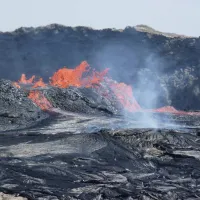
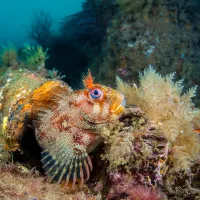
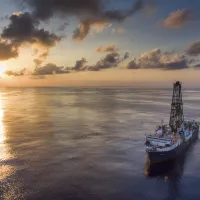
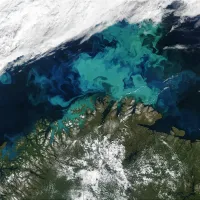
Decide whether to apply to an advertised research project or create your own proposal.
It's a good idea to email potential supervisors to discuss the specifics of your project. It's best to do this well ahead of the application deadline.
You’ll find supervisors’ contact details listed with the advertised project, or you can search for supervisors in the staff directory.
You’ll need to send us:


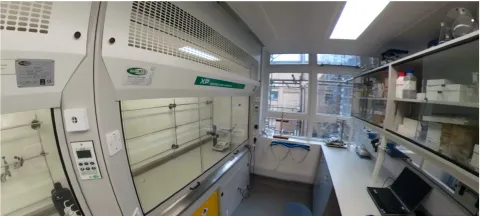

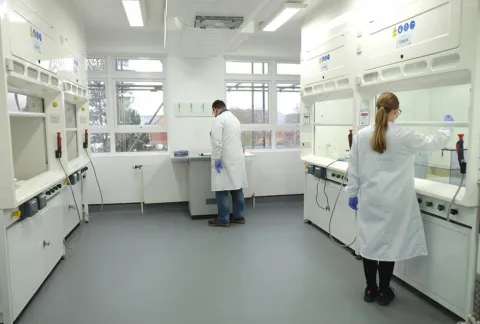
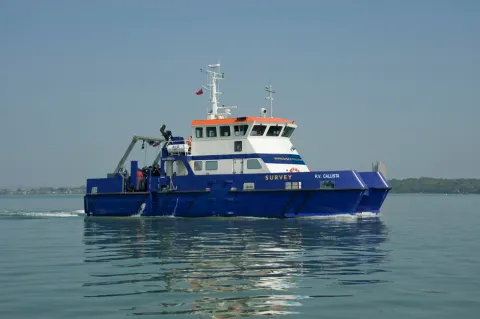
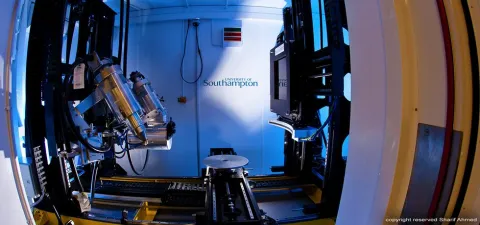
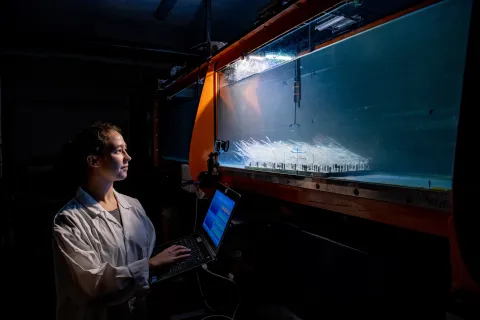
You’ll need to have a 2:1 undergraduate honours degree, or equivalent qualification, in an appropriate subject.
If English is not your first language, you'll need an IELTS minimum level of 6.5 with a 6.0 in writing, reading, speaking and listening.
Your awarded certificate needs to be dated within the last 2 years.
If you need further English language tuition before starting your degree, you can apply for one of our pre-sessional English language courses.
Check the specific entry requirements listed on the project you’re interested in before you apply.
Research degrees have a minimum and maximum duration, known as the candidature. Your candidature ends when you submit your thesis.
Most candidatures are longer than the minimum period.
| Degree type | Duration |
| Ocean and Earth science PhD full time | 2 to 4 years |
| Ocean and Earth science PhD part time | 3 to 7 years |